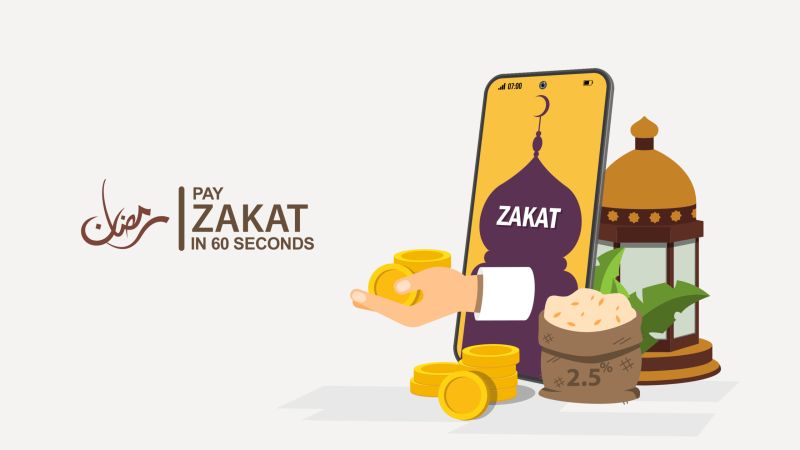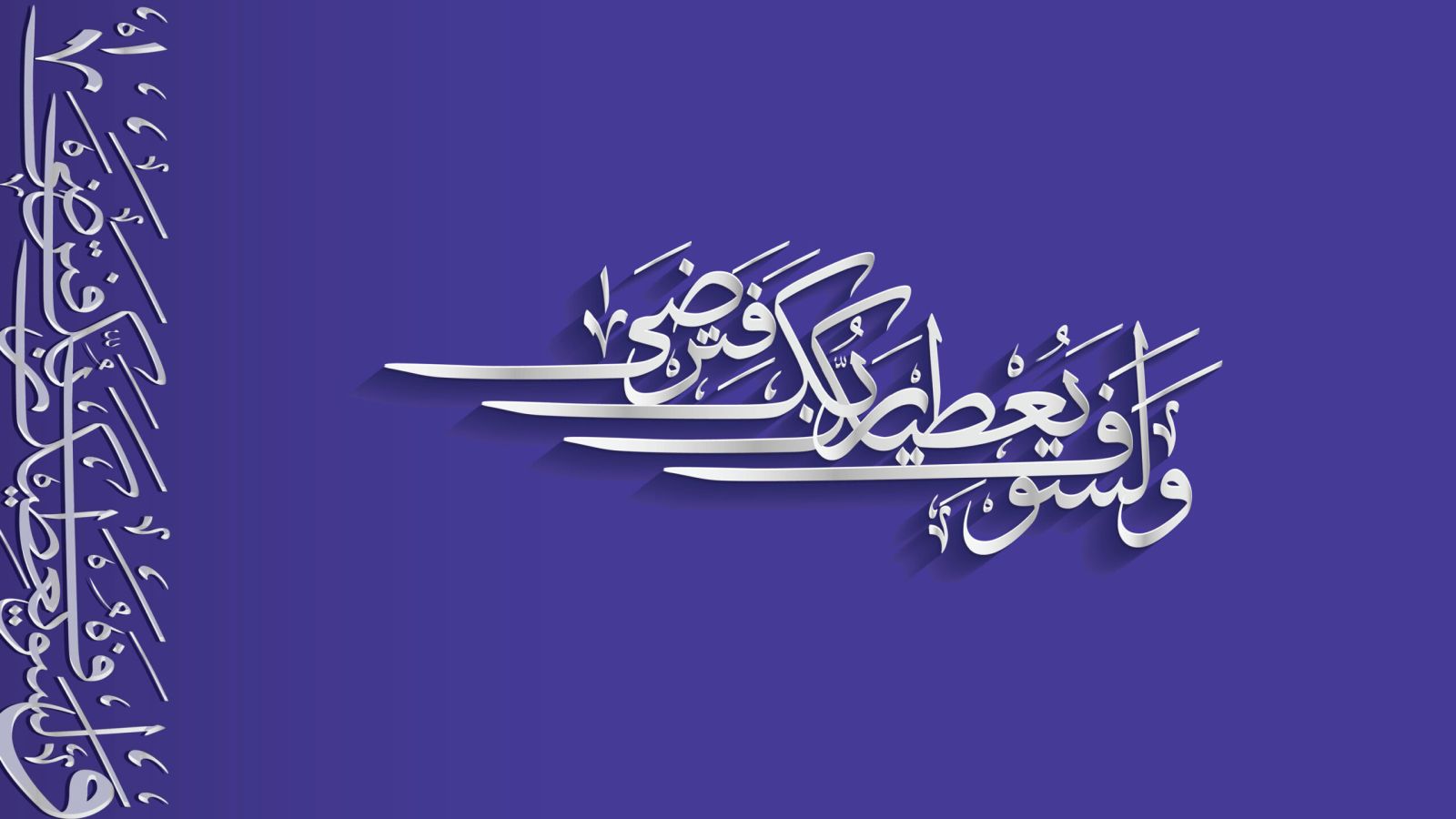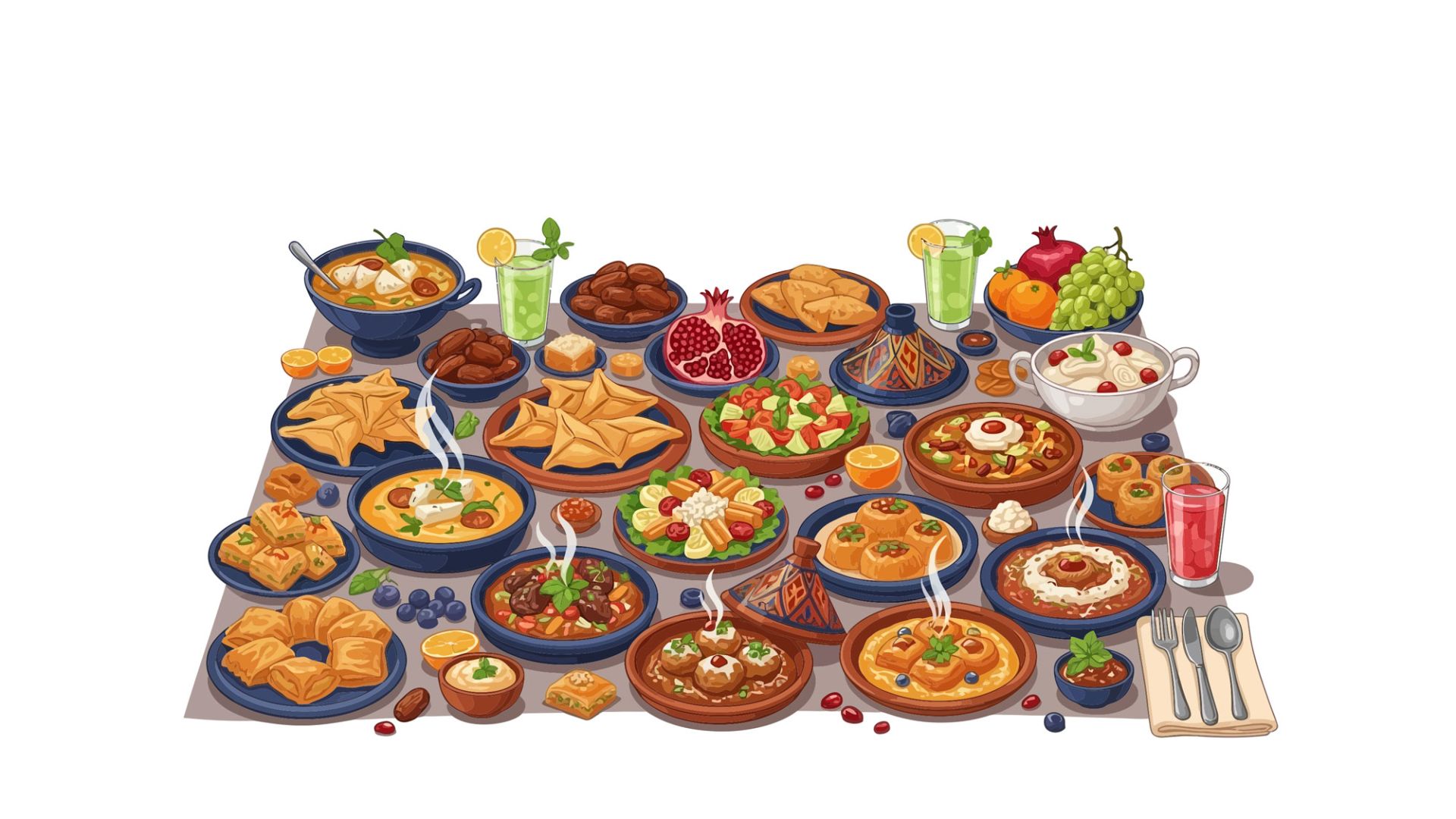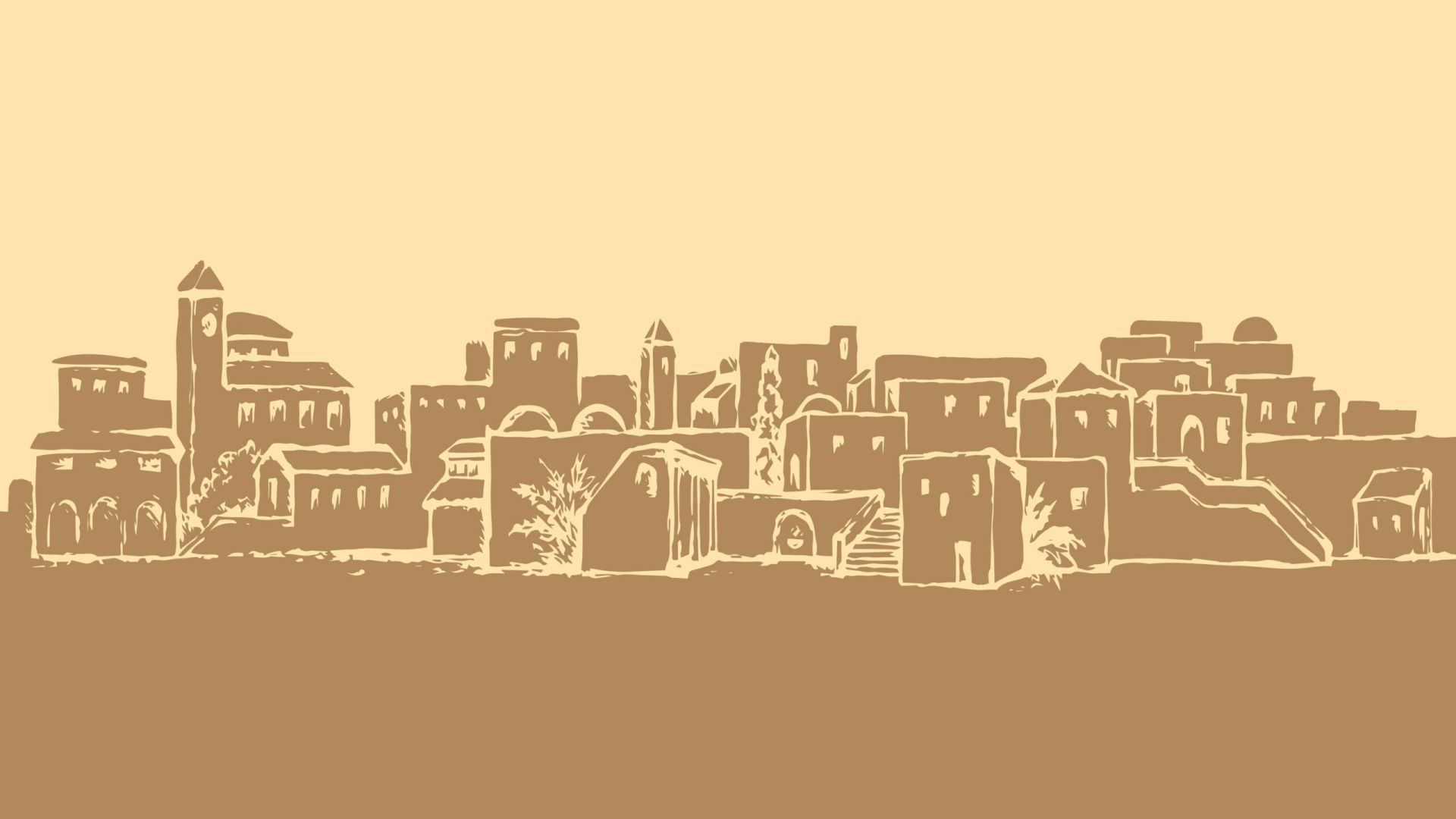The Foundational Call to the Islamic Belief
Al-ʿAllāmah Ṣāliḥ ibn Fawzān al-Fawzān
A brief explanation on the priority of calling the people to tawḥīd, as was the path of the prophets and messengers.
The Foundational Call to the Islamic Belief
Al-ʿAllāmah Ṣāliḥ ibn Fawzān al-Fawzān
A brief explanation on the priority of calling the people to tawḥīd, as was the path of the prophets and messengers.
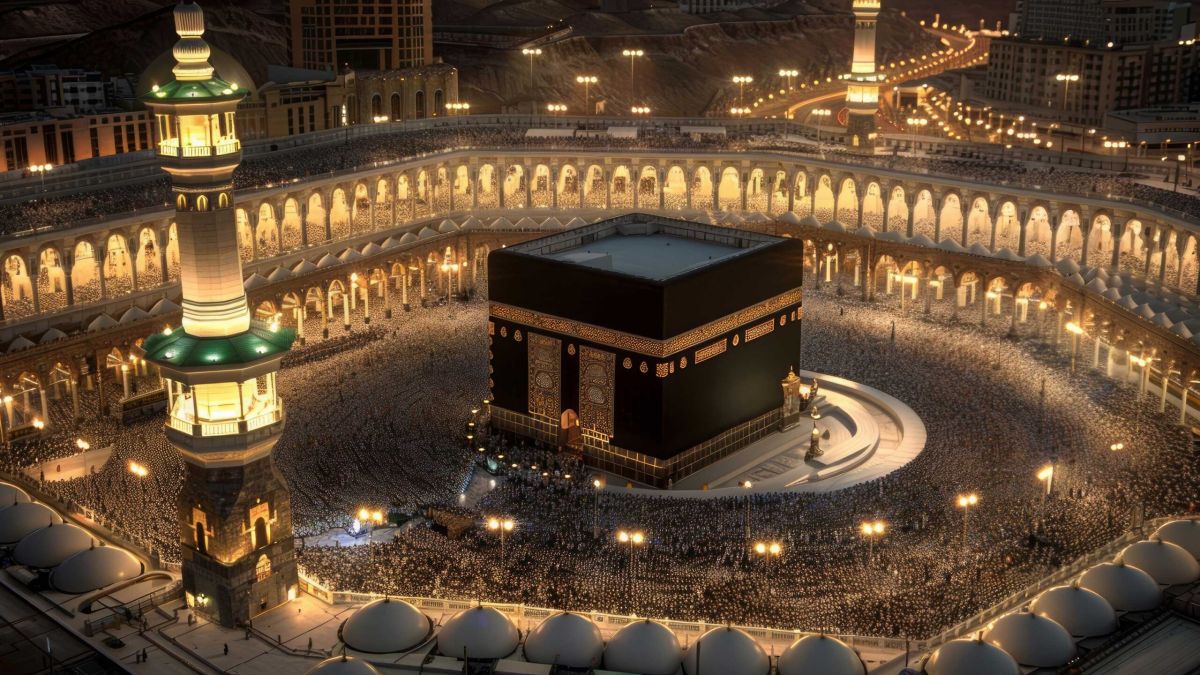

After Allāh chooses to bless a Muslim with awareness and recognition of the correct Islamic creed and guidance to act in accordance with it, it is then obligatory for him to invite others to it. In doing so, he would have granted them absolution from the darknesses (of polytheism, disbelief, ignorance, innovation and sin), bringing them into the light (of Islām, belief, obedience, and knowledge) as Allāh said:
لَا إِكْرَاهَ فِي الدِّينِ ۖ قَد تَّبَيَّنَ الرُّشْدُ مِنَ الْغَيِّ ۚ فَمَن يَكْفُرْ بِالطَّاغُوتِ وَيُؤْمِن بِاللَّهِ فَقَدِ اسْتَمْسَكَ بِالْعُرْوَةِ الْوُثْقَىٰ لَا انفِصَامَ لَهَا ۗ وَاللَّهُ سَمِيعٌ عَلِيمٌ ﴿٢٥٦﴾ اللَّهُ وَلِيُّ الَّذِينَ آمَنُوا يُخْرِجُهُم مِّنَ الظُّلُمَاتِ إِلَى النُّورِ ۖ وَالَّذِينَ كَفَرُوا أَوْلِيَاؤُهُمُ الطَّاغُوتُ يُخْرِجُونَهُم مِّنَ النُّورِ إِلَى الظُّلُمَاتِ ۗ أُولَٰئِكَ أَصْحَابُ النَّارِ ۖ هُمْ فِيهَا خَالِدُونَ ﴿٢٥٧﴾
“There is no compulsion in religion. Verily, the right path has become distinct from the wrong path. Whoever disbelieves in Tāghūt (false leaders and deities) and believes in Allāh, then he has grasped the most trustworthy handhold that will never break. And Allāh is All-Hearer, All-Knower. Allāh is the Protector of those who believe. He brings them out from darkness into light. But as for those who disbelieve, their supporters are Taghūṭ [false deities, false leaders, etc.]. They bring them out from light into darkness. Those are the dwellers of the Fire, and they will abide therein forever.”
(Al-Baqarah, 2:256-257)
The foremost, beginning aspect to which every single messenger sent by Allāh invited their respective communities to was always Islamic creed and tawḥīd (monotheism). They would not begin with anything else prior to it, asAllāh said regarding the messengers:
وَلَقَدْ بَعَثْنَا فِي كُلِّ أُمَّةٍ رَّسُولًا أَنِ اعْبُدُوا اللَّهَ وَاجْتَنِبُوا الطَّاغُوتَ
“And We certainly sent to every nation a messenger, (proclaiming): ‘Worship Allāh and avoid Ṭāghūt (false leaders and deities).’”
(Al-Naḥl, 16:36)
Every messenger would, therefore, begin his call saying:
وَإِلَىٰ عَادٍ أَخَاهُمْ هُودًا ۚ قَالَ يَا قَوْمِ اعْبُدُوا اللَّهَ مَا لَكُم مِّنْ إِلَٰهٍ غَيْرُهُ ۖ إِنْ أَنتُمْ إِلَّا مُفْتَرُونَ
“O’ my people, worship Allah! You have no other God but Him.”
(Hūd, 11: 50)
This statement was said by Nūḥ, Hūd, Ṣāliḥ, Shuʿayb, Ibrāhīm, Mūsá, ʿĪsá, Muḥammad and all the other messengers, may Allāh commemorate and praise them in the highest assembly of angels, and grant them safety and peace [from being subjected to His punishment].
Therefore, it is incumbent upon the one who has been granted awareness and recognition of the true Islamic creed then guided to implement and act in accordance with it, to avoid selfishly withholding it from others and keep it to himself. Instead, he should invite others to it with wisdom by citing the passages of the Qurʾān and fair preaching, as is the path of the messengers and their followers.
Inviting others to Allāh’s oneness should, therefore, be the foundational starting point of one’s call. People should not be invited towards any other religious matter before it, including the fulfilment of Islamic obligations or abandoning its prohibitions. Rather, this creed of belief in Allāh’s oneness must be fully adopted and actualised by them first, preceding all else. For this is the foundational prerequisite with which one’s religious deeds are rendered correct and accepted before Allāh. Without tawḥid (belief in Allāh’s oneness), religious deeds cannot be considered correct nor accepted before Him, and Allāh will never reward the enactor for them.
Source: Al-Irshād ilá Ṣaḥīḥ al-Iʿtiqād: 16-17.
Translated by: Omar ibn Bilal
Most Popular: Last 30 Days

Everyone’s Speech Is Subject to Acceptance or Rejection Except the Prophet (ﷺ)

The Beautiful Names of Allāh: How to Practice What They Entail in Our Lives

